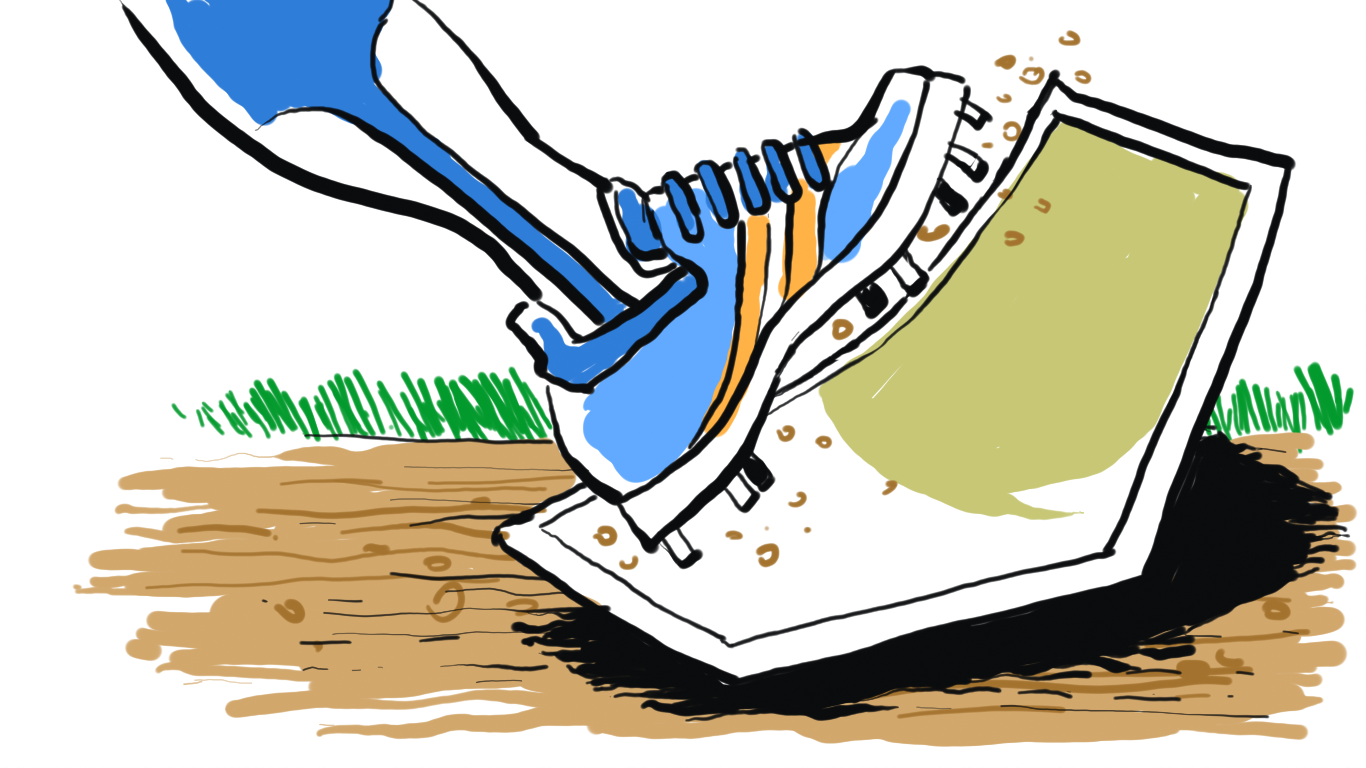Is "Based Off" Off Base?
Based off of what I found, it's a foundation to build on.
Although I get literally bent out of shape when people use both with as well as, I find based off (or based off of) to be a curiosity more than a bother.
Base comes from the Latin basis, meaning foundation, which in turn comes from the Greek basis, meaning a step. To base something on something else means to build upon something as if it were a foundation. It's surprising that the people who don't like impact as a verb don't mind using base as a verb in this way. To base means have a base the same way that to impact means have an impact, in my opinion.
Based off of seems to appear as early as 1917, based on a Google Books Ngram I found in a Stack Exchange post. Based off appears even earlier, perhaps in 1866. As Grammar Girl points out, these phrases probably appeared in spoken English before they appeared in print, but some of the print appearances are also examples that happen to have the words based and off next to each other for a different reason.
To base on is to build on, but you can build on something by working off it. You can live on the land by eating what you grow, but to avoid ambiguity it's more common to say you live off the land. Prepositions have a tendency to change over time in various ways as words evolve, too. If a base is a pedestal or a foundation, you might think about building on it; but if a base is a home location you leave and return to—a base of operations, for example—you might think more about taking off from there and seeking new horizons.
In Perturbations, Practices, Predictions, and Postludes in a Bioheuristic Historical Linguistics (2020), Richard D. Janda suggests that based off (of) might actually be better than based on:
…if one derives something from a source, then a crucial pathway between them leads from the source to the derivative; something takes off from – or is taken off (of) – the source and travels – or is brought – to/as the derivative. After all, making a movie that is based "on" a book rarely if ever involves creating a film and then finding a book to associate it with. Yet basing or being based ON portrays the implied motion as oriented in precisely this counterintuitive direction, and thus sounds more like planting a flagstaff downward and into the ground.
I'll probably continue to bristle a little when I hear based off, but it's hard to argue that based on is inherently better.



After teasing us like that, do you intend to leave your definitive declaration on "off of" for another column? (That combo sets my teeth on edge and the top of my head spinning off!)